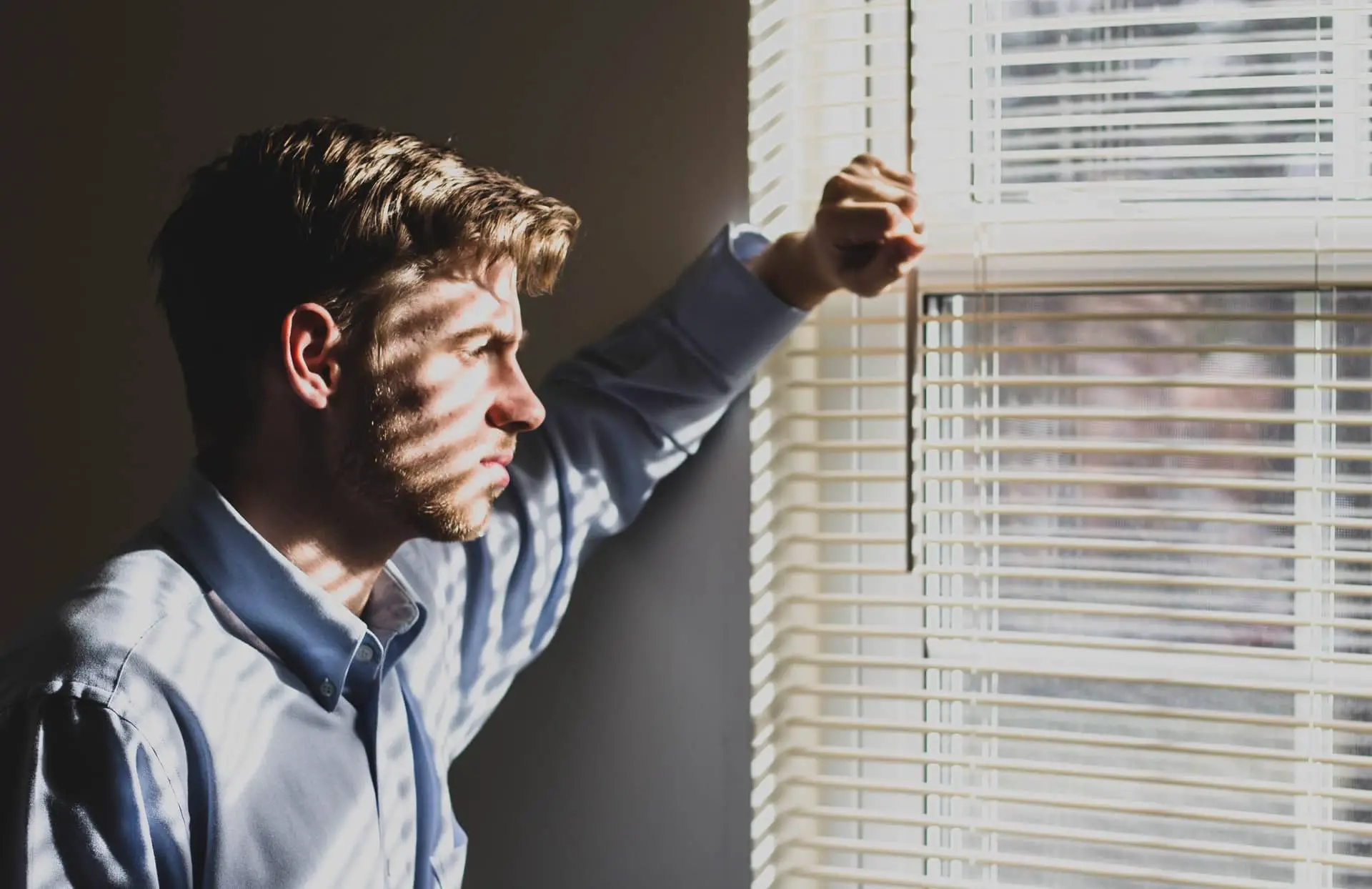The third annual report by the Isle of Wight’s director of public health has identified five areas where Islanders’ mental health has suffered as a result of Covid-19.
A new tool featured in the report, called the mental wellbeing mobility index, has found some Islanders have been disproportionately affected.
Five most vulnerable areas
The five most vulnerable areas are two parts of Ryde, one area of Cowes, one area of Sandown and a part of Parkhurst, which includes HMP Isle of Wight.
Compared to other parts of the Island, residents there are younger, more ethnically diverse and more likely to pay rent, as opposed to being homeowners, the index has revealed.
New priority for Island leaders
Findings by the director of public health, Simon Bryant, will set a new priority for Island leaders to address inequalities in mental health and wellbeing.
The report says there needs to be a greater urgency to address mental health inequalities by the Isle of Wight Council and its partners.
Among those worst affected are people in rural areas, where residents tend to be older and have faced isolation and loneliness in the pandemic.
Areas less affected
However, those in the Island’s rural south, west and central areas are less likely to have been adversely affected, compared to the residents of urban areas, such as Cowes, Newport and Ryde.
At the Isle of Wight Council’s health and wellbeing meeting last week, Mr Bryant highlighted, the index does not directly follow the known deprivation patterns on the Island.
Impact on young people
The report also highlights the findings of the Isle of Wight Youth Trust’s Mental Health Census, in which the impact of Covid-19 meant a third of secondary school-aged children worried a lot and 30 per cent found it hard to sleep and were lacking in energy and enthusiasm.
It also found 40 per cent of primary-aged children found it hard to sleep, one in four felt angry while one in five experienced many fears and were easily scared.
The findings of the trust are being addressed through separate action via their schools.
‘Mental Health Alliance’
A ‘Mental Health Alliance’ has started between the health partners with a prevention-focused approach to improve mental and emotional wellbeing.
This article is from the BBC’s LDRS (Local Democracy Reporter Service) scheme, which News OnTheWight is taking part in. Some alterations and additions may have been made by OnTheWight. Ed
Image: ethan sykes under CC BY 2.0





